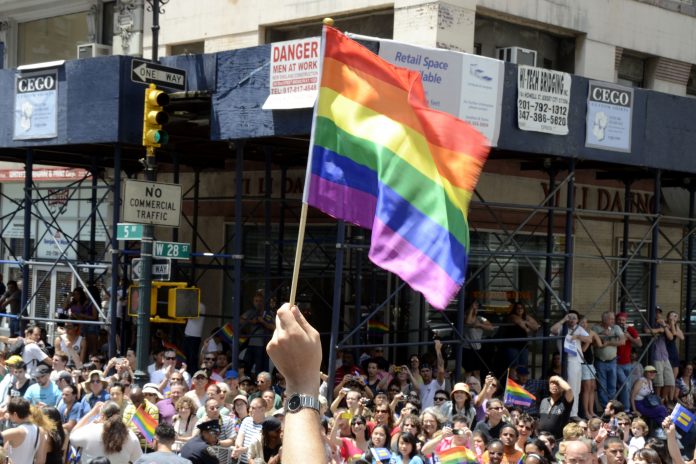Despite legal and some institutional progress, young people in the US who identify as Lesbian, Gay or Bisexual still face distinct health inequalities
At Michigan State University, sociologist Hui Liu and research partner Rin Reczek, professor of sociology from Ohio State University, looked at the mental and physical health of Lesbian, Gay and Bisexual Americans in comparison to straight people.
Hui Liu commented: “Because younger LGB generations have grown up in a more progressive era, we expected that they may experience lower levels of lifetime discrimination and thus have lower levels of health disadvantage than older LGB generations.
“However, our results showed the opposite to be true.”
250% higher likelihood of depression in Millennials
In their work, they examined the health data of 180,000 people to investigate if legal progress could have changed how health equality works for Queer people in the US, today. Interestingly, the duo found that Queer millennials appear to have some increased health disadvantages than their older counterparts.
They looked at psychological distress, depression, anxiety, self-rated physical health and activity limitation across Millennial, Generation X, Baby Boomer and pre-Boomer generations.
For lesbian and gay Millennials, the scientists reveal that their likelihood of depression is almost 250% higher than that of their straight peers, while bisexual Millennials have a 380% increased likelihood of depression.
Hui Liu further commented: “Older LGB people have experienced significant interpersonal and institutional discrimination throughout their lives, so they may perceive the current era to be relatively better than the past, and therefore may experience improved well-being as a result of this perception.”
Why is there an increased health disparity for younger Queer people?
The scientists believe that more people are identifying as Queer in contemporary America. They also suggest that older Queer people have had their lifetimes to develop coping mechanisms against discrimination, leading to healthier perceptions of themselves.
However, it means that legal progress does not translate into health equality. If straight peers are increasingly less likely to be depressed than Queer people, despite the legality of marriage and the presence of intrinsic human rights, then health remains open to improvement.
Liu further said: “These health disparities may be a result of more insidious and deeply embedded factors in U.S. society that are not eradicated simply with changes in marriage or discrimination laws.
“Instead, more drastic societal changes at both the interpersonal and institutional levels must take place. Public policies and programs should be designed and implemented to eliminate health and other major disadvantages among LGBTQ+ Americans.”











